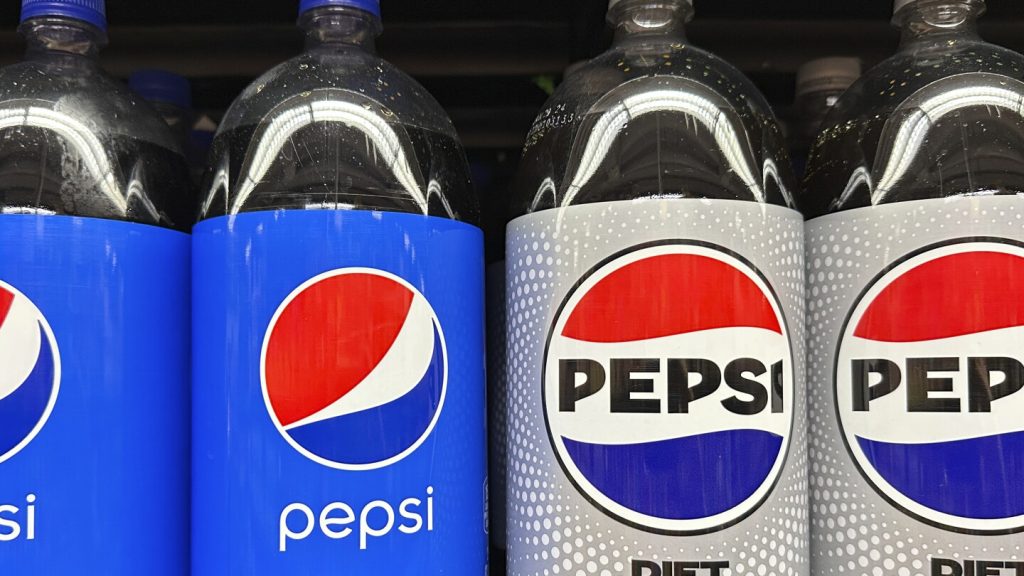Many Americans are experiencing a sense of unease about the economy, primarily due to high prices. While inflation may have slowed slightly from its peak, average prices remain significantly higher than they were three years ago. For example, a 2-liter bottle of soda that cost $1.67 in February 2021 now goes for $2.25, a 35% increase. Similarly, egg prices rose and then fell but are still 43% higher than three years ago. Used car prices saw a significant increase from $23,000 to $31,000, before settling around $26,752, which is still a 16% rise from February 2021.
Although prices are now rising at a slower rate, known as disinflation, many Americans are hoping for deflation, where prices actually fall. However, economists warn that runaway deflation could have negative consequences for the economy. Deflation, defined as a widespread and sustained drop in prices across the economy, has not been seen in the United States since the Great Depression. Falling prices tend to discourage consumer spending, as people hold off on purchases in anticipation of lower prices in the future. This behavior could lead to a deflationary spiral, triggering more layoffs and price cuts, potentially leading to another recession.
The Bank of Japan’s use of negative interest rates in 2016 and the Federal Reserve’s near-zero interest rates during and after the Great Recession were attempts to prevent the negative effects of deflation. Falling prices can also harm borrowers by making their inflation-adjusted loans more expensive. However, some economists argue that there could be benefits to deflation, such as making paychecks go further for consumers when prices are falling. A review of historical deflationary episodes suggested that the correlation between falling prices and economic growth is weak, except for extreme cases like the Great Depression.
One potential benefit of deflation is that consumers may find it easier to afford essential goods like food and gasoline if prices fall. However, the major risk of deflation lies in the impact on asset prices, such as stocks, bonds, and real estate, which can have a cascading effect on the economy. Collapsing asset prices can lead to bank failures, credit shortages, and a broader economic recession. Therefore, while falling prices may seem appealing on the surface, the consequences of deflation can be severe and detrimental to overall economic stability.
In conclusion, while many Americans may hope for lower prices and decreased inflation, a healthy level of inflation is essential for maintaining consumer spending and economic stability. While some economists argue that deflation may have certain advantages, the potential risks, including a deflationary spiral and economic recession, outweigh the perceived benefits. Policymakers and central banks must carefully balance inflation rates to ensure sustainable economic growth and avoid the damaging effects of deflation.


